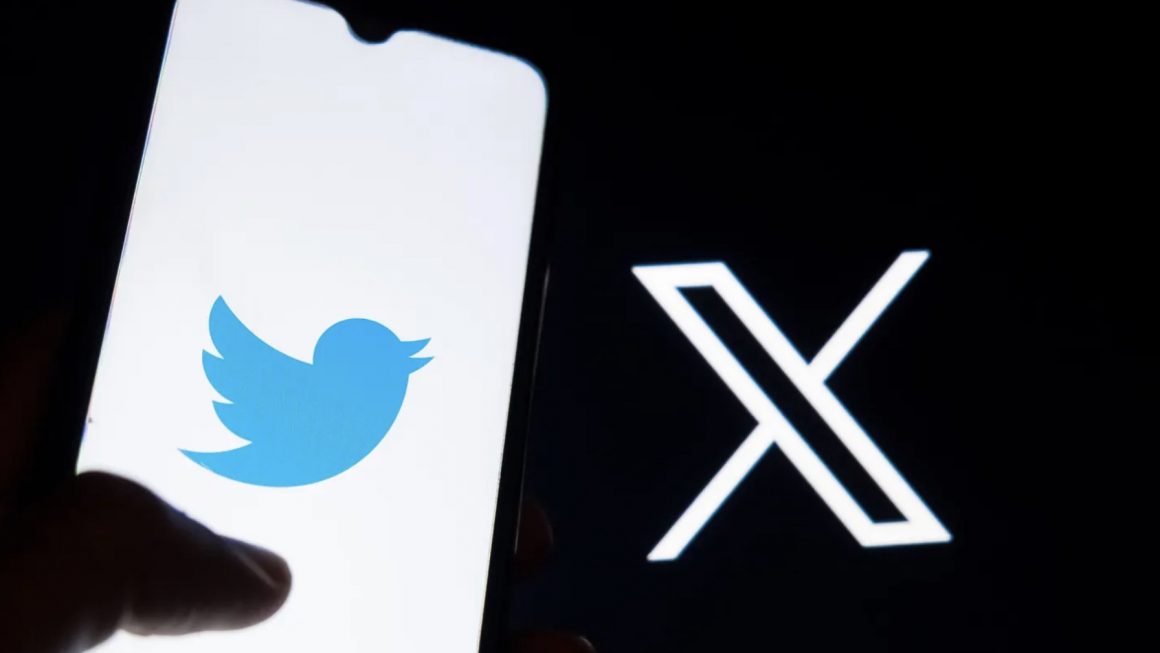
We need to talk about X
By Marvellous Chukwukelu, September 10 2024—
X, formerly known as Twitter, continues to be one of the most unique social media platforms today. Though it has a smaller user base than YouTube or Facebook, X’s unique approach to content has set it apart in the digital landscape.
For years, X operated without major issues in fulfilling its role. Despite concerns over billionaire influence in digital spaces, it was widely accepted that X understood and managed its responsibilities with care.
However, ownership changes in 2022 marked a turning point for the platform. The new leadership has made controversial decisions, especially in content moderation, triggering debates about its commitment to user safety. It seems that the current team either does not grasp the role established by their predecessors or—more worryingly—chooses not to uphold it.
To illustrate the consequences of this shift, consider the riots that recently shook the United Kingdom and one of its major instigators. Back in 2018, a video of a Syrian refugee being bullied in Huddersfield emerged online. Far-right activist Tommy Robinson falsely claimed, without credible evidence, that the refugee was involved in an attack on local schoolgirls. Despite retracting his statement hours later, the misinformation had already taken root, leading to the victim’s family relocating and a successful libel suit against Robinson.
Notably, none of this occurred on X. The platform’s previous administration had wisely banned Robinson almost nine months before the incident, while Facebook and YouTube struggled to react, catching up only in early 2019.
Yet, under its current management, X disregards this important history by welcoming Robinson back and reintroducing the misinformation he is known for spreading. This decision played a role in the misinformation campaign surrounding the tragic 2024 Stockport Attack, which left three dead and ten injured.
Robinson, along with other far-right extremists, spread baseless claims about the attacker’s identity and background. The consequences were severe: a day after the attack, hundreds of protesters gathered at the Southport Mosque, clashing with police and sparking the UK’s largest wave of unrest in over a decade.
Unfortunately, X is familiar with the threats posed by unchecked misinformation. The platform was central to the events leading up to the January 6th Capitol Riot in the United States—a crisis it initially responded to by banning Donald Trump.
However, this ban has since been lifted, reigniting concerns about X’s ability to manage its responsibilities effectively. As this ‘digital town hall’ continues to neglect its duty, becoming a breeding ground for hate speech and cyberbullying, it becomes crucial to reconsider whether X can still fulfill the responsibilities entrusted to it.
In today’s digital age, social media platforms must evolve beyond merely facilitating dialogue; they are responsible for actively preventing misinformation. If X continues its current trajectory, it risks damaging its reputation and endangering the communities it serves.
We must reassess X’s policies and leadership to ensure it creates a space for informed and respectful discourse. As users increasingly demand accountability, the pressure mounts for X to redefine its role in safeguarding digital interactions.
This article is a part of our Opinions section and does not necessarily reflect the views of the Gauntlet editorial board.
